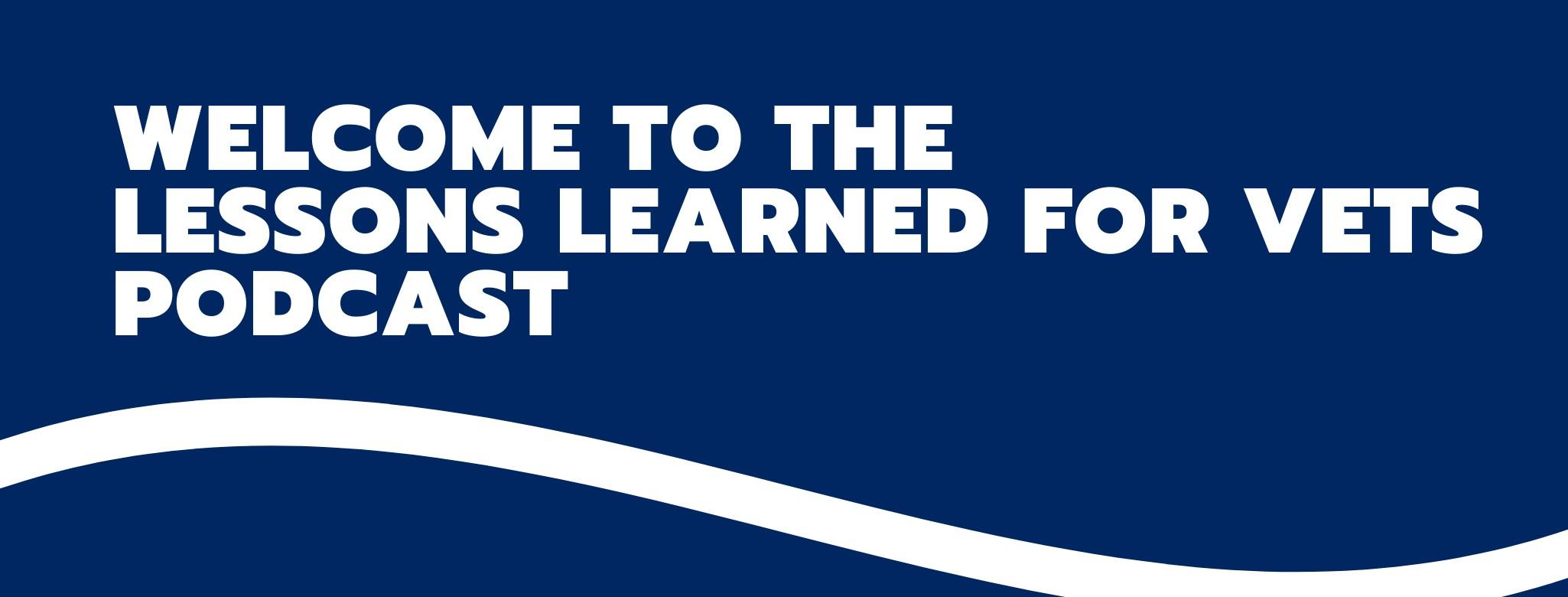
-
-
Episode #28:
Negotiating the Salary You're Worth and Translating Your Skills with Mark Holman
-
A retired Marine Corps Master Gunnery Sergeant, Mark Holman followed his 28-year career in supply and logistics, recruiting and instruction with post-military roles in project, program and operations management. Mark transitioned to 3 different federal contracts with a Fortune 200 company, followed by positions in risk management, as a hiring manager and as a consultant. He currently serves as the Vice President of Corporate Social Responsibility for the Reslience-Building Leadership Program (RBLP). Mark shares an excellent strategy for translating your leadership experience into understandable terms for civilian hiring managers, and he underscores the importance of understanding your value during the interview process.
Lessons Learned:
- You may need to “sharpen the saw” by going through several interviewing processes—even at institutions for which you don’t necessarily want to work.
- Instead of preparing for all the interview questions you can think of, prepare your key talking points.
- Job Fairs vs. Hiring Fairs
- A job fair is like a college fair: you can talk with each company’s representative, take a business card and follow the links.
- At a hiring fair, you might have a pre-interview with an HR representative who will move you through the process if he/she feels you are the right fit for the organization.
- Navigating company websites takes time. Some of the online application procedures can seem overwhelming and long.
- Before the interview, prepare yourself:
- Know the salary range for the role, the company, and the region. You can get an idea on sites like Glassdoor.com, Salary.com and Indeed.com/salary. You can also get an idea by connecting with people who work for the organization on LinkedIn.
- When the question of your desired salary comes up, phrase it in terms of:
- “My research shows…How does that compare with what you’re offering?”
- Don’t expect the HR rep to understand military jargon.
- Consider the mindset shift—you’re not the first person to transition out of the military. This was a great chapter of your life, and you are ready to start the next one.
- Timeline before retirement/separation:
- Strategically plan at 24 months out.
- Schedule TAPS for at least 18 months out, if possible.
- Attend networking events (zoom meetings, in-person, etc.) at 12-14 months out.
- Remember that you didn’t do any mission completely by yourself. What makes this mission any different?
- You can connect with Mark on LinkedIn at:
- https://www.linkedin.com/in/mark-holman-rblp-t-057b5924/
Are You Struggling to Write Your Resume?
I created the Veteran Resume Self-inspection Checklist to lessen the resume writing struggle for veterans. This 11-item checklist will educate you in resume best practices while giving veterans a guide to assess their resume and determine if it's ready to send to employers.
Download Your Checklist Here




